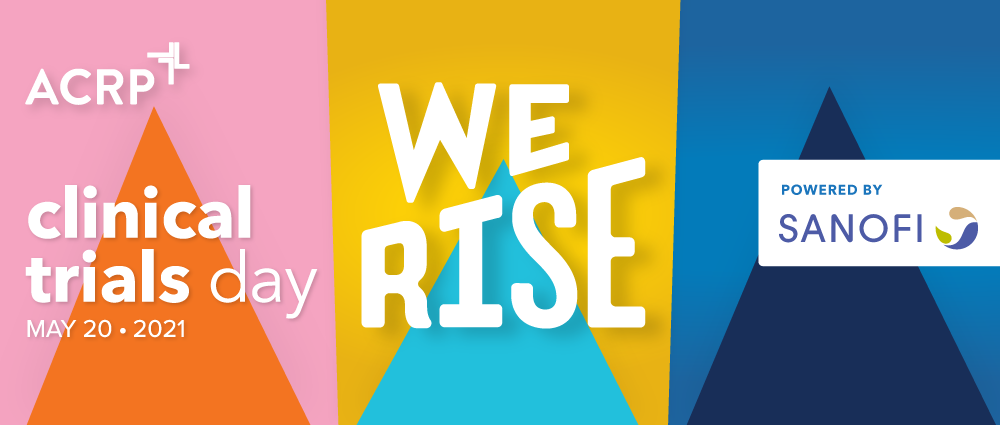As we celebrate Clinical Trials Day 2021, recognising the importance of Clinical trials in discovering new treatments for diseases, as well as new ways to detect, diagnose, and reduce the chance of developing the disease, we want to promote the exceptional work done by so many. Clinical trials can show researchers what does and doesn’t work in humans that cannot be learned in the laboratory or in animals.
The first reference to a clinical trial is recorded in the Book of Daniel in the Bible when King Nebuchadnezzar II ordered his people to eat and drink only meat and wine, a diet he believed would keep them fit. But several people who preferred a vegetarian diet refused the king’s decree. The kings curiosity piqued, permitting the dissenters to instead follow a diet of legumes and water – but only for 10 days, after which he would assess their health. When the experiment ended, the king saw that those who ate the diet of beans and water were fitter than those who ate the diet of meat and wine, so he allowed them to continue their chosen diet. We believe the first Physician-run trial was Dr James Lind in 1747 when he tested several scurvy treatments on crew members of the British naval ship Salisbury and discovered that lemons and oranges were the most effective in treating the condition.
Until the Covid-19 pandemic, I think it would be safe to assume the majority of the UK population would have had little or no idea how medicines made it from laboratories to pharmacy shelves and eventually their bathroom cabinets. During the pandemic, through various media platforms, we have witnessed more armchair epidemiologists, scientists and clinical research experts than ever before and misconceptions building alongside genuine concern, more than we have ever encountered before as scientists, governments, activists each took a stand and expressed their opinion on the Covid-19 vaccine and its speed to market, safety and efficacy.
So, here we are celebrating Clinical Trials Day on May 20th 2021. Perhaps more than ever before the UK and the world have watched Clinical trials in action. Clinical Trials Day is a well-deserved ‘time out’ to recognise the people who conduct clinical trials and to say “thank you” for what they do every day to improve public health.
Interestingly in the midst of the controversy around how governments and countries have conducted themselves during the pandemic, by March the 20th 2020 we had well over 300 vaccine candidates being researched and moving towards clinical trials. The industry looked at new ways of using existing technologies in researching new vaccines. Research libraries were ploughed through to identify additional potential treatments. Companies donated compounds with potential to treat coronavirus and clinical trials moved forward swiftly, with many companies collaborating to accelerate development, manufacturing and delivery of vaccines, diagnostics and treatments for Covid-19. These collaborations are not often observed, so seeing the mobilisation of the industry so quickly was in many ways exceptional.
Moving away from the Covid-19 narrative, the UK has become a global science leader. It has seen a 20% growth in the number of advanced therapy medicinal product (ATMP) clinical trials, according to a new report from the Cell and Gene Therapy Catapult (CGT Catapult). The report shows there were 154 ongoing ATMP clinical trials reported in total in 2020 – a 20% increase since 2019. This is a trend set to continue. Through The National Institute for Health Research (NIHR) and Clinical Research Network (CRN), the infrastructure that allows high-quality clinical research to take place in the NHS continues and benefits many NHS patients with new, potentially lifesaving drugs, and much of this is made possible in benefitting UK patients, by the exceptionally strong science base the UK has.
So, today on Clinical Trials Day it is worth remembering how far a journey we have travelled since the days of Dr James Lind. Whilst the global pandemic has meant so many lives in the world have been so adversely affected, if we are looking for a small light at the end of a very dark tunnel, we are seeing more people looking to nursing as a career and the awareness now of a role in clinical research has been heightened by the knowledge and exposure built during the pandemic. In the UK alone, by 2030 we will need an additional 133,000 skilled workers within life sciences. If we fail to achieve these critical skilled professionals, we will fail to continue our excellence in science on the world stage. One can only hope the experience of living through a global pandemic will entice many of our talented young people to embark on an exciting career within Clinical Research.
